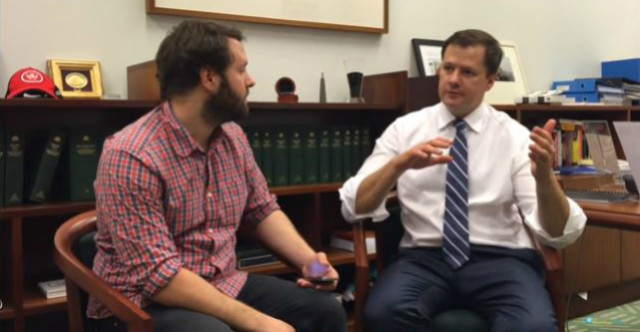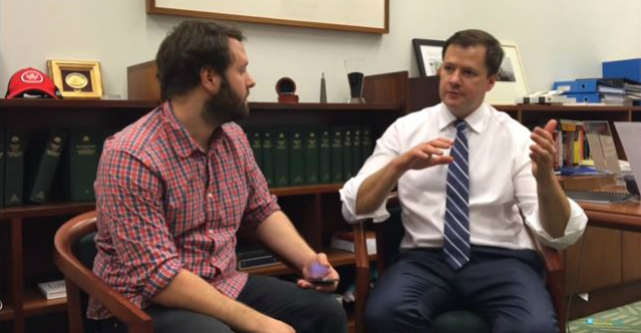Ed Husic claims equity crowdfunding changes will exclude 99% of companies ahead of Senate debate – StartupSmart

The federal Labor Party will attempt to amend the government’s equity crowdfunding legislation when it is debated in the Senate next week, with federal shadow minister for the digital economy Ed Husic claiming the proposed bill would exclude the majority of early stage businesses.
The federal government is making its second attempt to pass the Corporations Amendment (Crowd-sourced Funding) Bill 2016, which would allow unlisted public companies with under $25 million in assets and annual turnover will be able to raise as much as $5 million a year on crowdfunding platforms.
While many startups have previously expressed excitement about the “transformational change” legislated equity crowdfunding could bring to the sector, Husic says if the legislation passes as is, it will fail to live up to the anticipation.
“I think it doesn’t open up the door wide enough to allow many small businesses and startups to access crowdfunding,” Husic tells StartupSmart.
“I think there also some concerns about watering down investor protections via changes to the cooling off period.
“We would’ve preferred that the government allow for privately held companies to be able to access equity crowdfunding [and not forcing] startups to convert into unlisted companies to access crowdfunding.
“As people have told the government, it’s inexplicable that they could bring back the legislation without having fixed this given how long they’ve had this matter [since May 2014]”.
Husic says the Labor party will argue for several amendments when the legislation comes before the Senate, including strengthening investor protections and opening up eligibility for more startups and small businesses.
In November last year, Treasurer Scott Morrison said under the new legislation he would have power to make life easier for fintech ventures by exempting these kind of startups from clearing and settlement licensing regimes.
“These reforms, along with the Turnbull Government’s plan to give small and medium size businesses a tax cut, will play an important role in the transition underway in Australia’s economy,” Morrison said in a statement at the time.
A spokesperson for Morrison later blamed the Labor party for politicising the debate, telling Fairfax: “In playing politics to damage the government, Labor is damaging the fintech sector and crowdfunding businesses as well as our international reputation.”
However, Husic is not convinced.
“We would have never criticised them as an opposition if they had taken a few more months to consider the way in which they would have brought this out,” Husic says.
“Frankly, what’s the point of just getting this through the Senate now? It seems to be they’re really just after a headline than a good outcome.”
In a op-ed in the Australian Financial Review this week, Husic said the proposed bill at present “locks out 99 percent of small businesses and startups”.
“That figure of 99 percent isn’t plucked out of thin air—it’s the conclusion of Dr Marina Nehme, senior lecturer at UNSW Faculty of Law, who noted that the unlisted public company demand excludes ‘over 99.7 percent of companies’,” said Husic.
“Only a very small minority of companies will be able to raise funds through this mode of finance.
“In Dr Nehme’s words: ‘Such a reality defeats the purpose for introducing legislation to facilitate (equity crowdfunding) as only a very small minority of companies will be able to raise funds through this mode of finance’.”
Follow StartupSmart on Facebook, Twitter, LinkedIn and iTunes.

